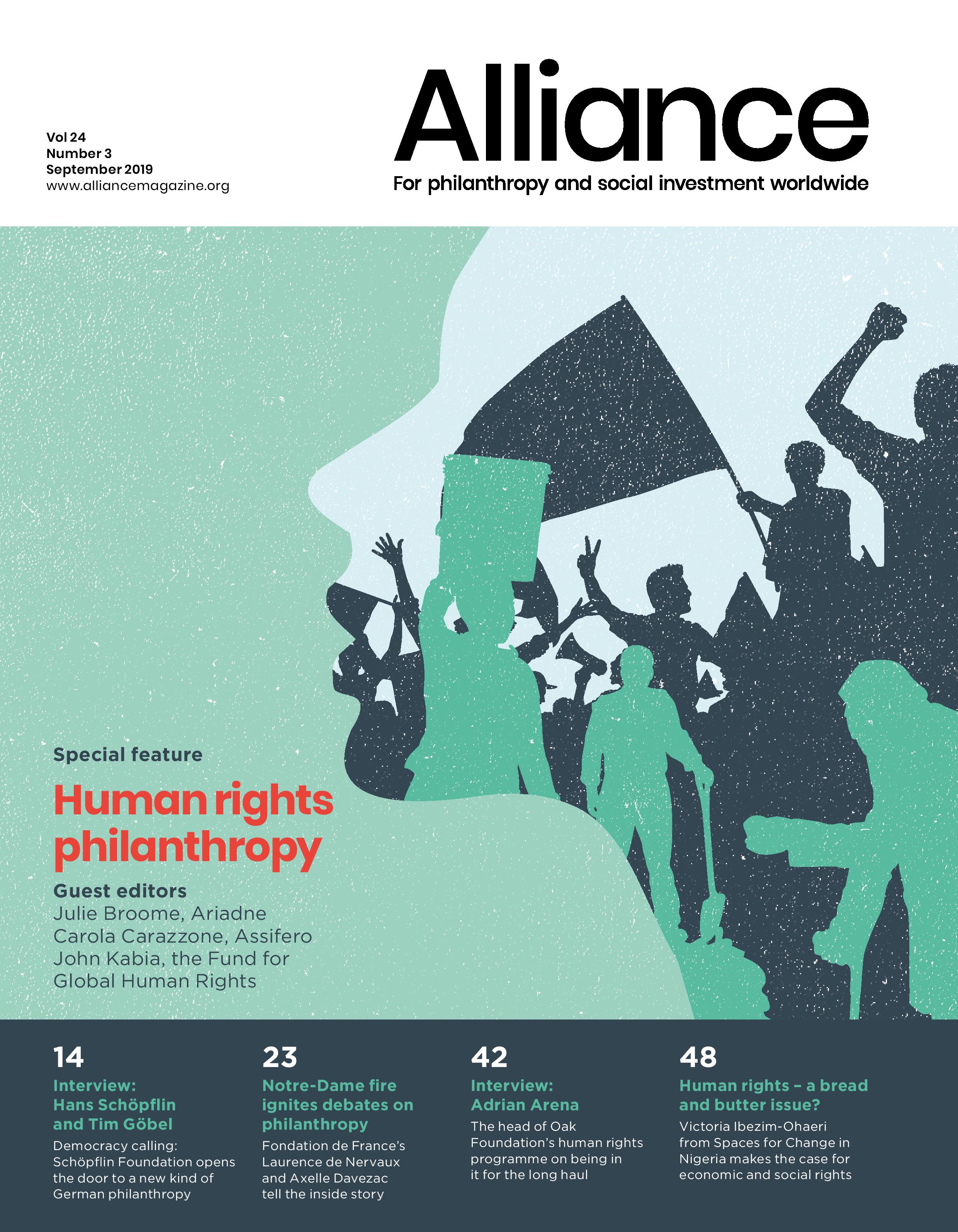The mechanisms are often flawed, but many of those flaws can be corrected if the need for accountability is effectively balanced with the need to build a stable society and sustainable peace
In the past two decades, transitional justice (TJ) mechanisms have abounded in Africa. They have met with limited success. Many of them have mirrored the governance challenges that gave rise to conflict in the first place and have not been properly designed or implemented.
Truth commissions (TRCs), for example, have either not been independent or not perceived as such, or they have failed to take advantage of local and traditional means of reconciliation. In other cases, the limited scope of their mandate and the choice of commissioners has deprived others of credibility.
Many African countries are yet to domesticate the Rome Statute. This makes it difficult for them to prosecute serious crimes under local laws. In Uganda, for example, attempts to prosecute international crimes in domestic courts have encountered a series of challenges including limited capacity, inadequate legal framework and selective prosecutions. There is also a backlash against the International Criminal Court (ICC) due to the perceived importation of western notions of justice, disregard for local perceptions of justice and the perceived selective targeting of African states, while even worse atrocities happen in other places such as Syria and the Gaza Strip. African leaders see the ICC as a replication of the global hegemony of western states and the prioritisation of criminal justice over other transitional justice measures which promote healing, social harmony and reconciliation.
Funders must ensure that there is local ownership of projects. Attempts by some to impose a one-size-fits-all approach to post-conflict contexts should also be resisted.
For TJ processes to succeed, it is essential to balance the need for accountability with the need to build a stable society and a sustainable peace, in which both the rule of law and reconciliation can flourish. It is also essential for TJ to shift its focus from mechanisms and processes to outcomes. Pursuing truth and justice should contribute to vindicating victims’ rights, eradicating a culture of impunity and rebuilding social relations.
TJ processes also need to respect diversity and consider the ethnic, religious, gender and regional composition of the country. Many processes have failed to address the gendered patterns of violations experienced by women during conflict, while traditional and customary laws are mostly and unfairly dismissed. Traditional dispute-resolution practices may be especially relevant for dealing with certain types of crimes in post-conflict societies and for reintegrating lower-level perpetrators into communities.
The role of civil society is vital. Successful transitional justice experiences have depended upon the contributions of a thriving civil society. With closing spaces for civil society to operate and the adoption of laws that limit and exercise control over CSOs, the chances increase that TJ processes will be alien and distant to those meant to benefit from them.
Focusing on victims will inevitably lead to addressing the root causes of the conflict, which can be traced to poverty, inequality, and underdevelopment.
Because TJ mechanisms have struggled with the issue of funding, the agenda is sometimes driven by donors. Funders must ensure that there is local ownership of projects. Attempts by some to impose a one-size-fits-all approach to post-conflict contexts should also be resisted. Getting local communities to own the process by being involved in the design, implementation and evaluation of the process can help hold governments accountable and increase the prospects of making the process more sustainable.
Finally, for TJ interventions to adequately address the systemic and structural causes of mass human rights violations, they must be victim-centred. Donors and funders must avoid the mistake made in Sierra Leone, where sufficient funds were provided for the disarmament and rehabilitation of the warlords but very limited funds were provided to rehabilitate and resettle the victims. Focusing on victims will inevitably lead to addressing the root causes of the conflict, which can be traced to poverty, inequality, and underdevelopment. It is crucial to make the link between the broad aims of TJ including achieving sustainable peace and preventing conflict and meeting goal 16 of the Sustainable Development Goals.
Abdul Tejan-Cole is senior director of Mighty Earth
Email: atejancole@gmail.com
Twitter: @atejancole







Comments (0)